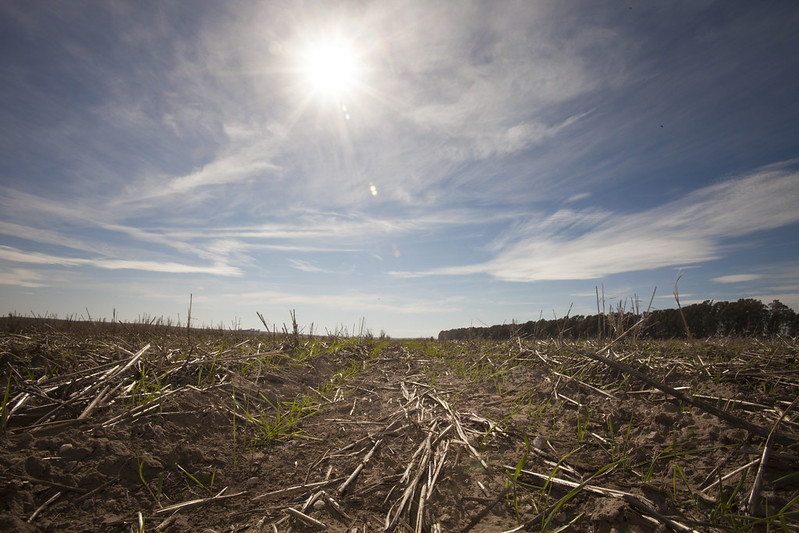Policy insights on Sustainable Land Management (SLM) efforts in Ethiopia
Policy Implications (Support the proper sectoral integration of SLM efforts by mainstreaming SLM strategies into national and subnational strategies, plans, and programs; Stimulate public/private funding for SLM interventions and their sustainability, generating multiple environmental and development benefits; Encourage the design and implementation of studies to assess SLM interventions’ cost-effectiveness, social benefits, and trade-offs; Encourage the design and implementation of socioeconomic and livelihood impact studies to understand social acceptance and direct/indirect benefits; a








